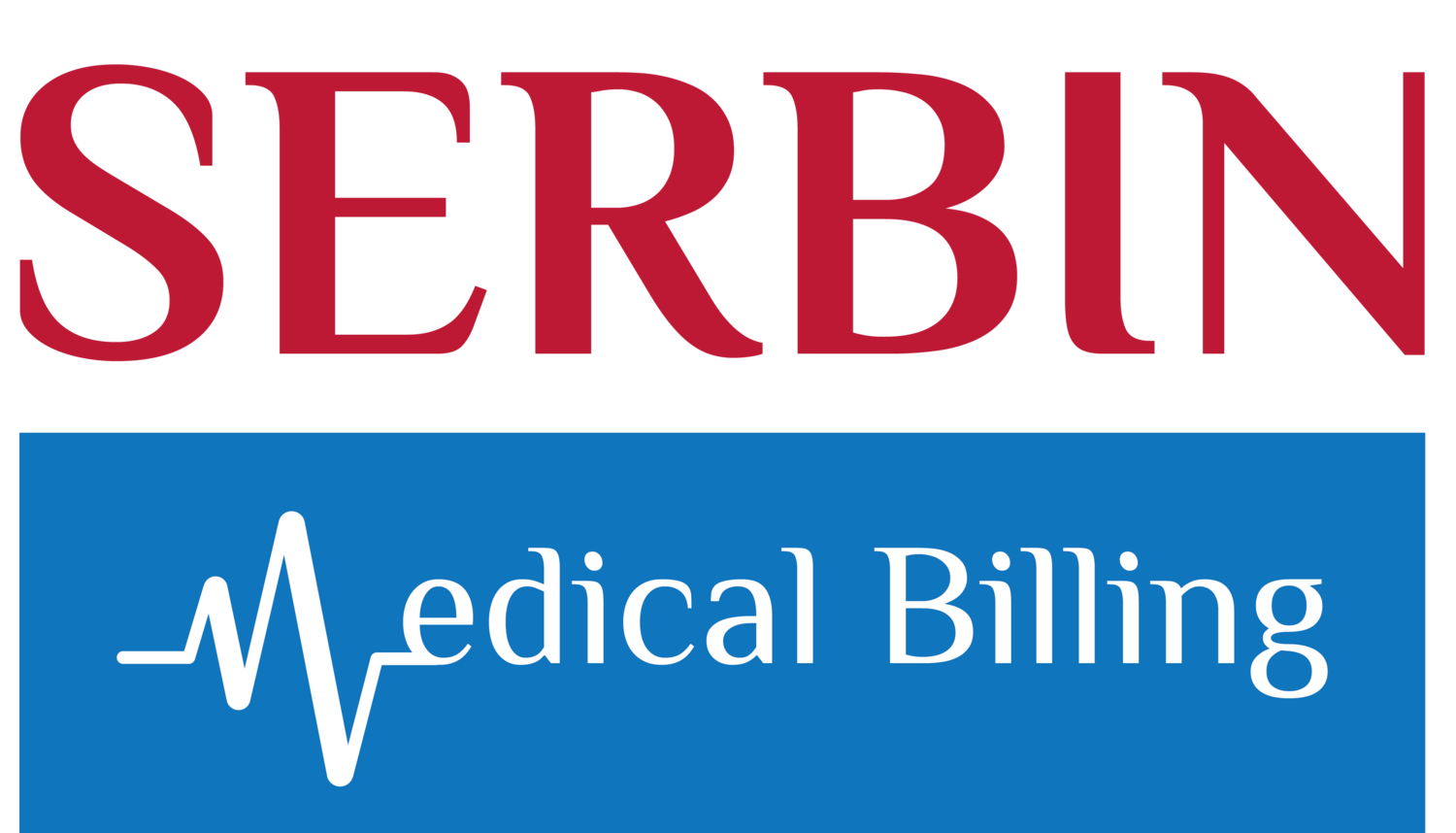5 ASC Revenue Cycle Areas of Focus for a More Profitable New Year
Looking to jump start your ASC’s cash flow in 2020? Evaluate the areas discussed below to better ensure efficiency and compliance. Based on the results, you may end up making these a part of your ASC’s New Year’s resolutions each year.
1. Fee schedules. At least annually, check your most frequently performed procedures to determine whether you are continuing to maintain the profit margin forecast in your budget.
Create a spreadsheet comparing reimbursement rates from your prominent carriers and Medicare to your fee schedule and your case cost (both direct and indirect costs).
Review the complete list of equipment, supplies and implants required for your most commonly performed and high-cost procedures.
Pick out an expensive specialty (if multi-specialty) and determine whether you are hitting your profit margins. If not, that might be a sign you need to bump up your fees.
2. Managed care contracts. Managed care contract negotiations are an important, but commonly overlooked component of revenue cycle management. As case cost continues to increase (because of increases in supplies, implants and staffing expenses), it is important to compare these expenses to contracted reimbursement rates to ensure adequate coverage that accounts for planned profit margins. Discussions with the managed care company's provider representative regarding excessive case costs can often result in a fair and equitable change in reimbursement. If new rates are agreed upon, ensure payer compliance with frequent audits for reimbursement accuracy.
3. Revenue cycle processes. Ongoing oversight and auditing of each area of the coding, billing and collection processes is vital to maintaining a stable revenue stream.
Regularly audit charge posting and claim submission for timeliness and accuracy.
Perform ongoing audits of government and private payers and patient balances. Evaluate for timeliness of collection activities and payment results.
Audit payment posting for accuracy, comparing payments received against contracted rates. Also compare daily payments received reports to daily deposits. Ensure all payments received are posted to patient accounts and deposits made on same day as received.
Review a sampling of no-pay explanation of benefits (EOBs) to determine trends. Also, ensure all no-pay denials are listed on the denial log.
Track collection efforts through accounts receivable (A/R) reports, comparing date of claim submission to date of final payment. In most ASC-specific software, there are multiple A/R reports available to assist in focusing on areas that require additional attention. Check collection notes reports to determine whether accounts are worked in a timely manner.
4. Staffing. Although the revenue cycle audits listed above evaluate staff performance, it is also important to regularly audit staff responsibilities/tasks. If you have a healthy and growing ASC, front office staffing is often overlooked and staff responsibilities may be splintered, resulting in a reduction in productivity. Business office staff are responsible for insurance verification, patient financial counseling, pre-procedure registration and collections, coding, claim submission, payer and patient collections, payment posting and deposits as well as answering phones, patient communication and vacation/absenteeism/mealtime coverage. To prevent an interruption in your ASC’s cash flow, ensure you have sufficient experienced staff to perform all revenue cycle tasks consistently and efficiently.
5. Continuing education. In addition to regular in-services on important matters such as compliance, HIPAA and safety, it is also important to provide your revenue cycle team ongoing continuing education on government (e.g., Medicare) and private payer updates and changes (e.g., rate changes, billing requirements). Outdated reimbursement rates and/or form requirement changes can result in erroneous payments or denials, contributing to delays or non-payment of claims.
Closing Thought
Although these are recommended focus areas to improve your ASC’s profitability in 2020, consider including them in your ongoing audits. Doing so will help increase your ASC’s revenue cycle efficiency and better maintain financial health.
Request Consultation


